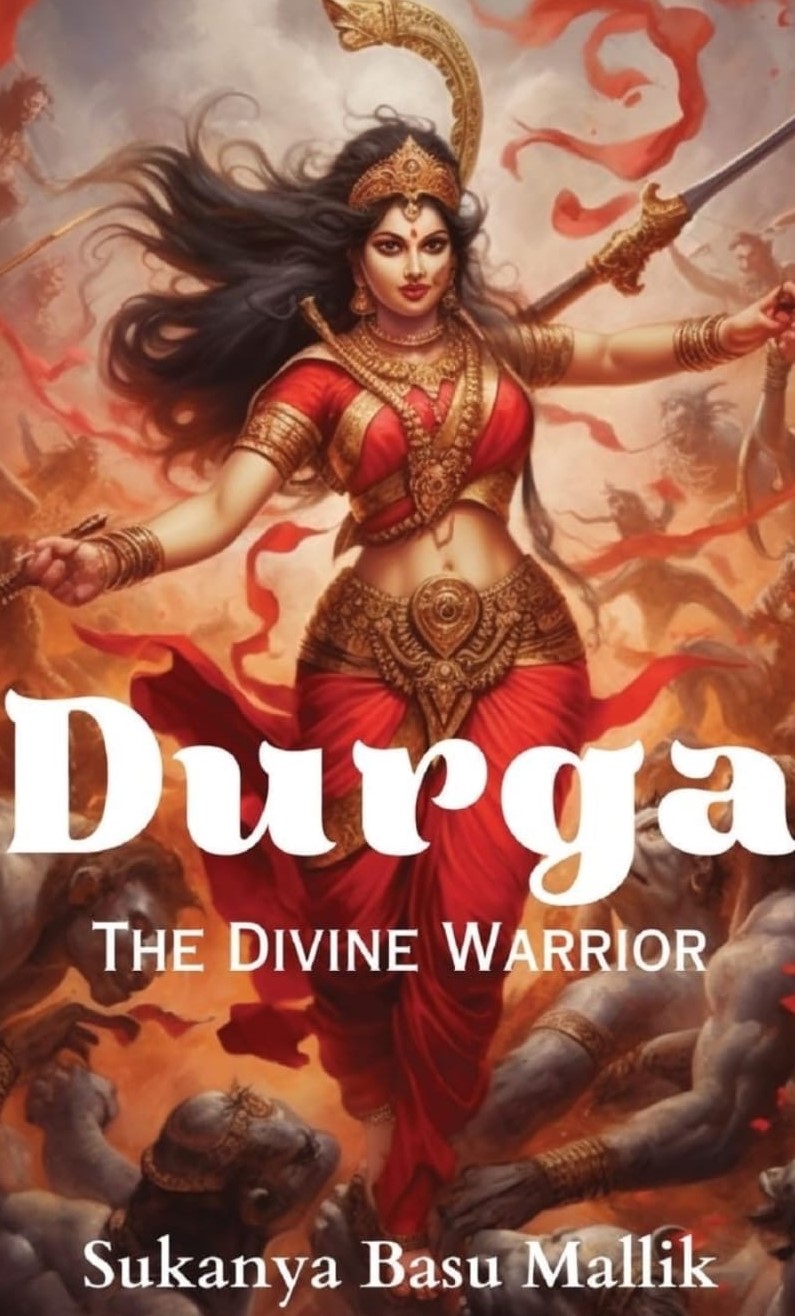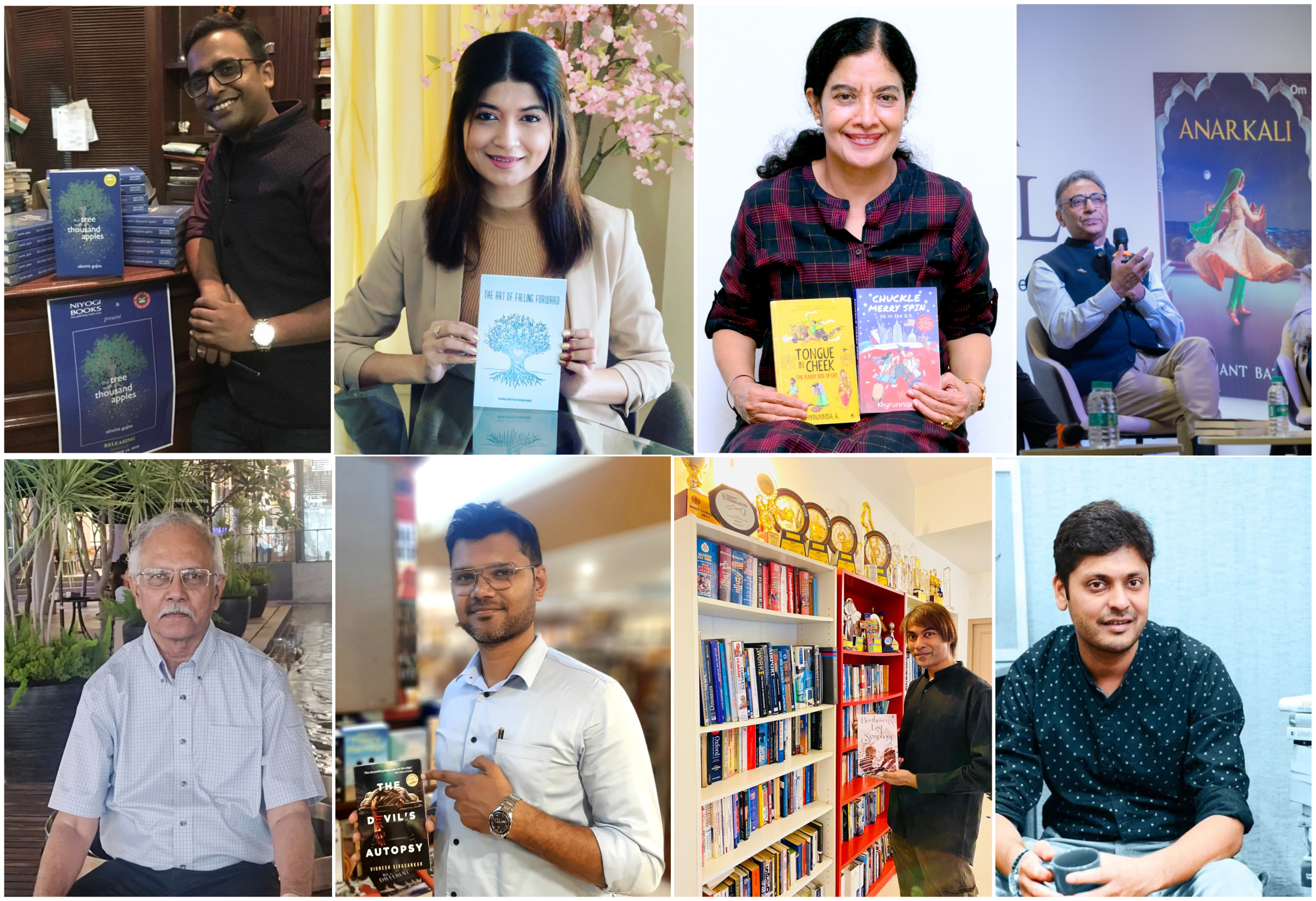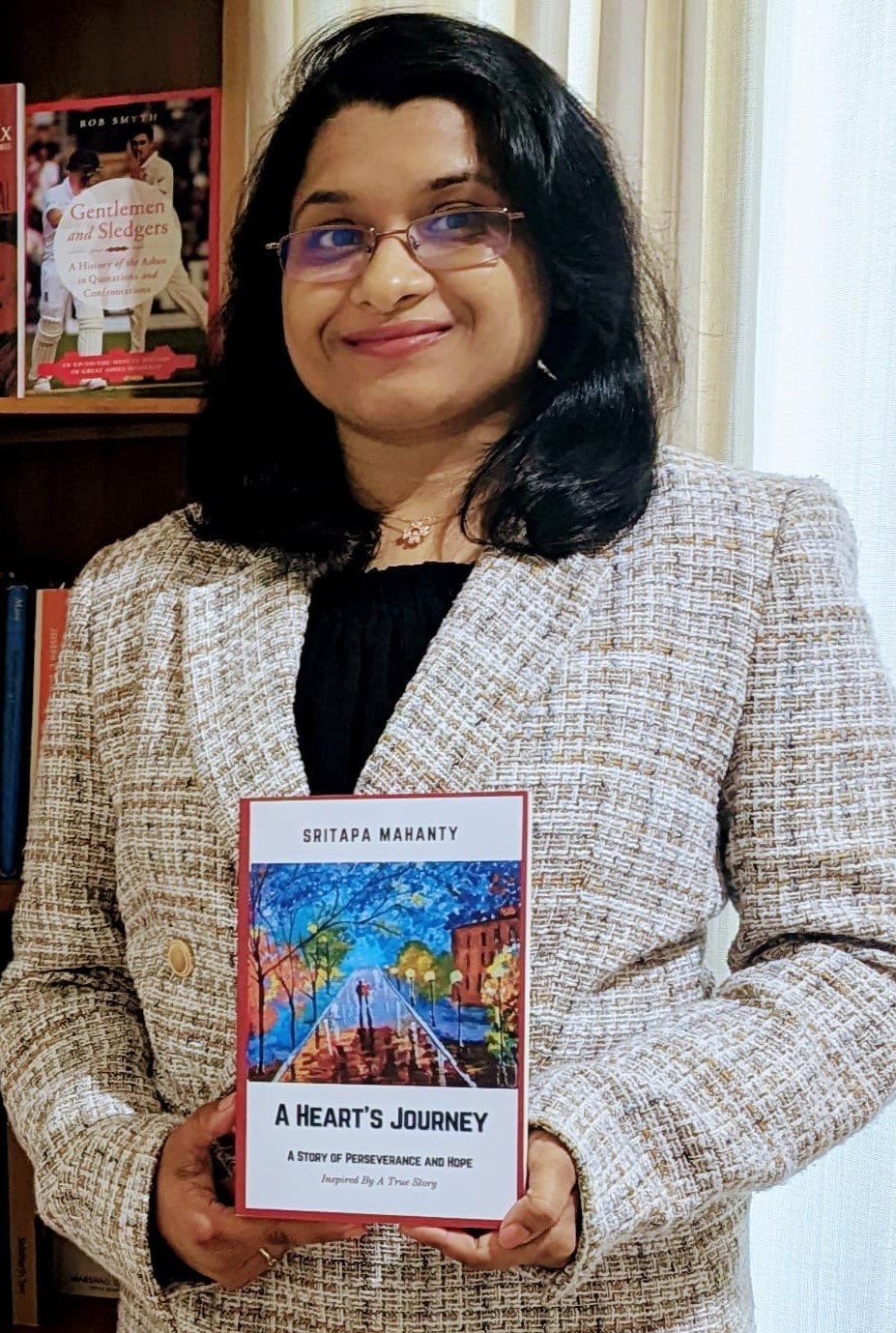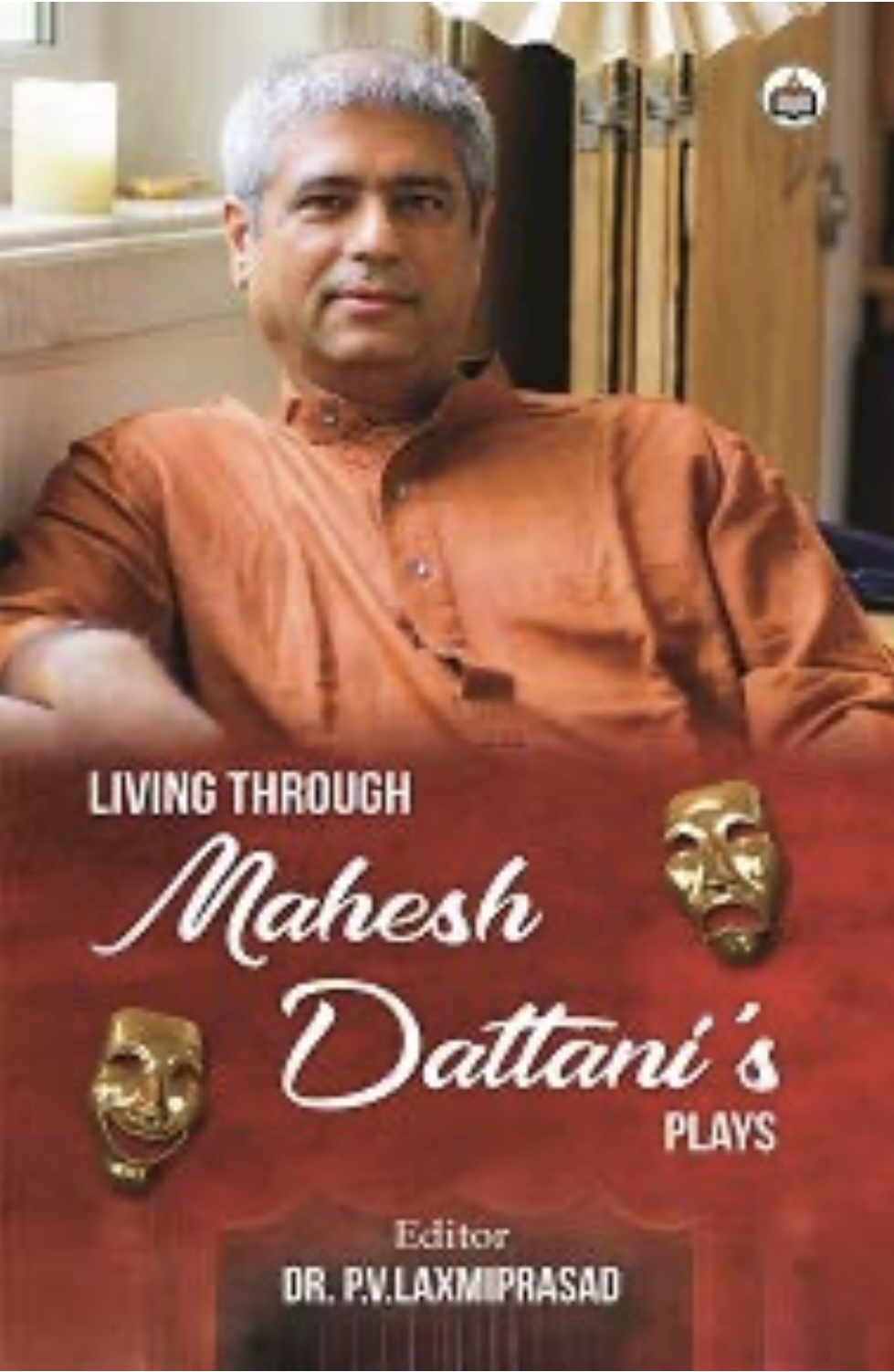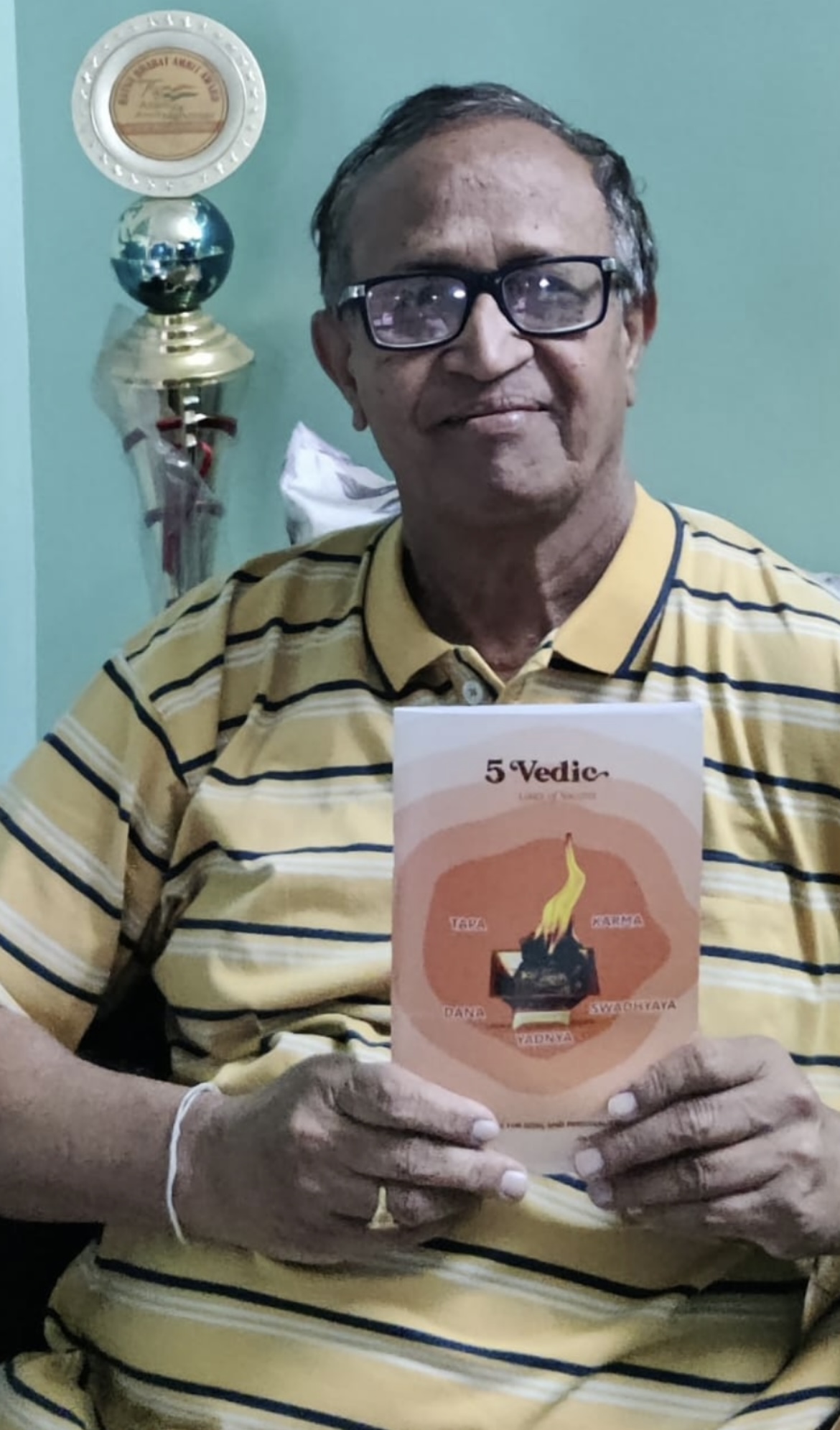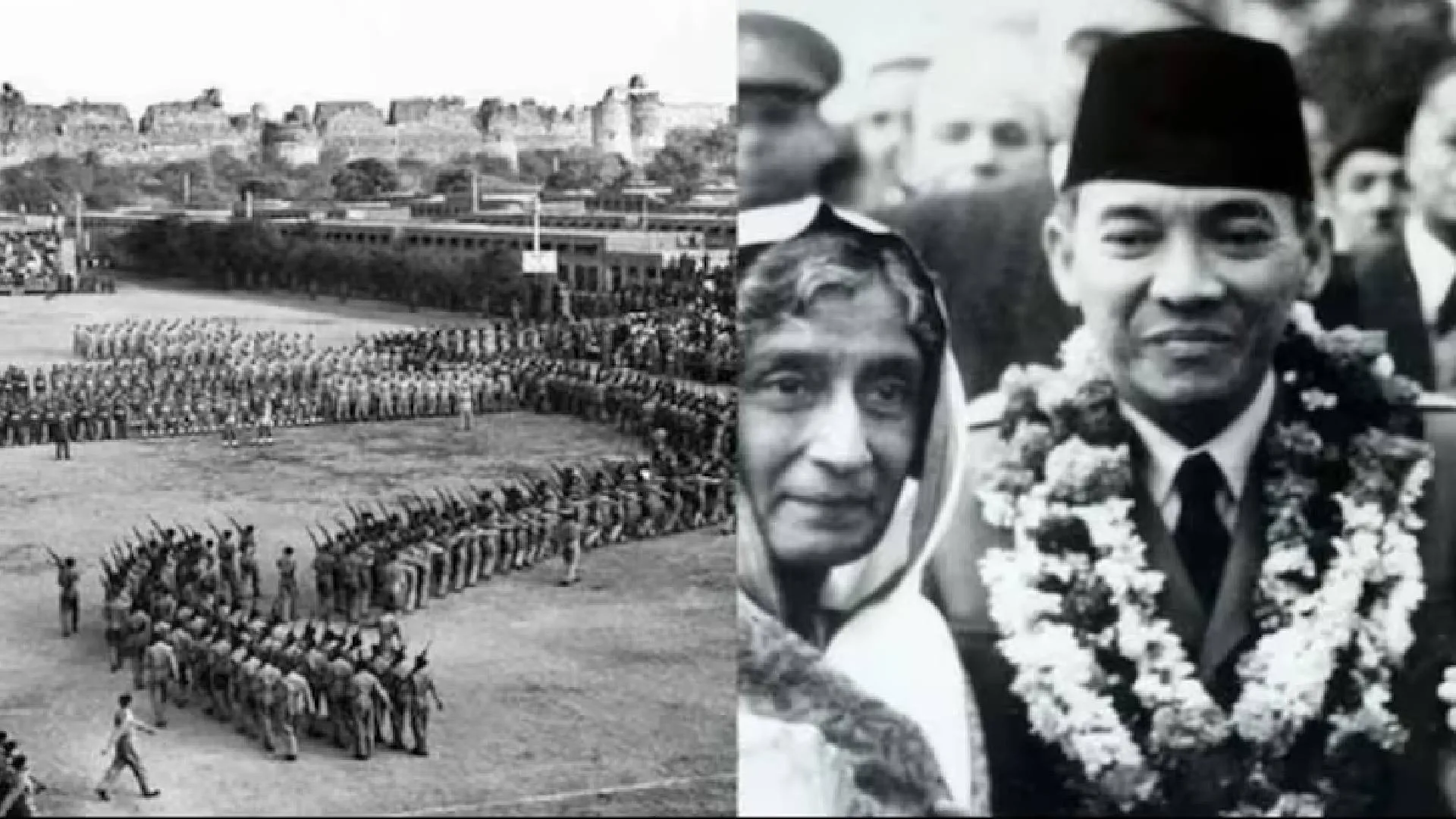Anthony Doerr is a writer who started his writing career with short stories and progressed to novels.He has written several, About Grace, his Pulitzer Prize winning All the Light We Cannot See, Four Seasons in Rome and his most recent wonder – Cloud Cuckoo Land.
All the Light We Cannot See is about two children whose lives he tracks in parallel but allows a brief intersection towards the very end. He writes the novel in present tense for events that occurred in the past, a distraction but one that fades quickly enough. In addition to the beautifully crafted story, I was most intrigued by Doerr’s descriptions. In looking at the world from the two children’s perspectives, he has crafted descriptions that are visual as well as tactile, gustatory, olfactory, and auditory– perfectly suited for the young girl, who happens to be blind.
In reading the book, I found several descriptions that the reader can not only imagine seeing but also touching, hearing, smelling, and tasting. Read the sentences below to find the different senses Doerr uses to awaken both his characters and the reader to what’s going on around them.
1. ‘On warm nights Marie-Laure opens her bedroom window and listens to the evening as it settles over the balconies and gables and chimneys, languid and peaceful, until the real neighborhood and the miniature one get mixed up in her mind.’
2. ‘It’s steel country, anthracite country, a place full of holes. Smokestacks fume and locomotives trundle back and forth on elevated conduits and leafless trees stand atop slag heaps like skeleton hands shoved up from the underworld.’
3. ‘The eggs taste like clouds. Like spun gold.’
4. ‘Seconds later, she’s eating wedges of wet sunlight.’
5. ‘Marie-Laure wakes to church bells: two three four five. Faint smell of mildew. Ancient down pillows with all the loft worn out. Silk wallpaper behind the lumpy bed where she sits. When she stretches out both arms, she can almost touch walls on either side.’
6. ‘The weather in this place: you can feel it between your fingers.’
7. ‘His voice is low and soft, a piece of silk you might keep in a drawer and pull out only on rare occasions, just to feel it between your fingers.’
8. ‘There are cadets who have skin like butter and irises like sapphires and ultra-fine networks of blue veins laced across the backs of their hands.’
9. ‘He has moist red lips; pale, almost translucent cheeks like fillets of raw sole…’
10. ‘A man with a mustache waxed to knifepoints…’
11. ‘For a decade he has run a parfumerie on the rue Vauborel: a straggling business that prospers only when the cod are being salted and the stones of the town itself begin to stink.’
12. ‘Outside the city walls, a few military boats cruise to and fro, and the flax is bundled and shipped and woven into rope or cables or parachute cord, and airborne gulls drop oysters or mussels or clams, and the sudden clatter on the roof makes Marie-Laure bolt upright in bed.’
13. ‘The huge boy will lean back in a chair, so that it makes squeaking protestations beneath his bulk, and let his eyelids slip to half-mast.’
14. ‘The sky drops silver threads of sleet. Gray houses run in converging lines to the horizon, bunched as if to fend off cold.’
15. ‘The harpsichord plucks along, the violins make big baroque flourishes— the low, angled space of the attic brims with sound.’

Priya Hajela is the author of Ladies’ Tailor, published by Harper Collins India.



